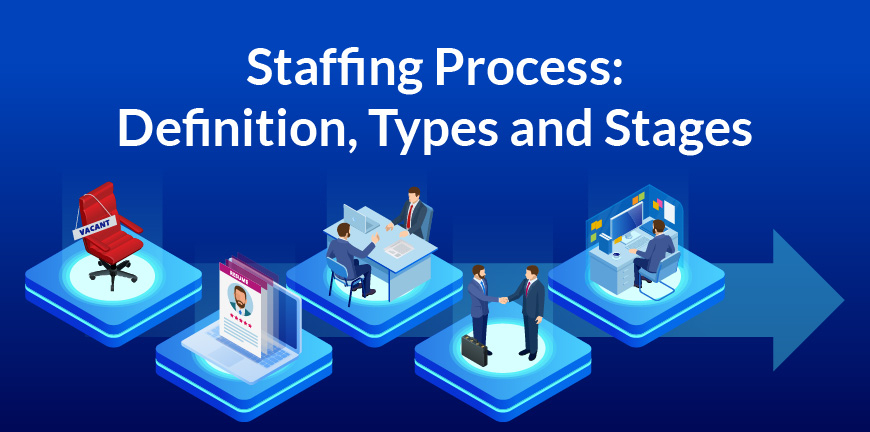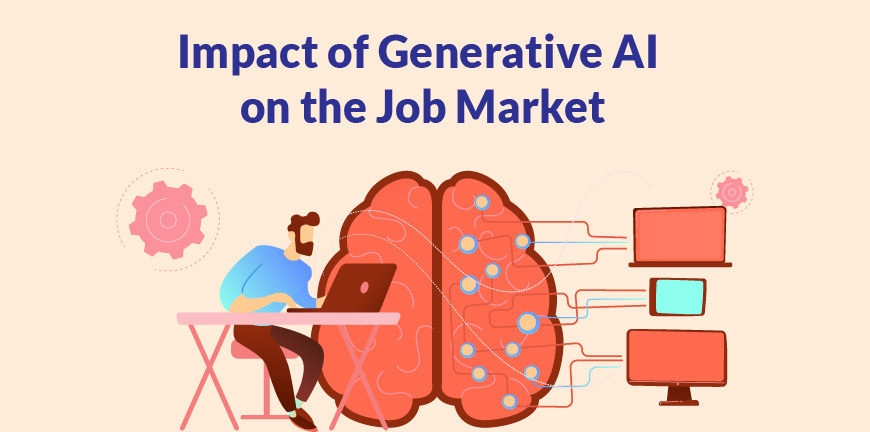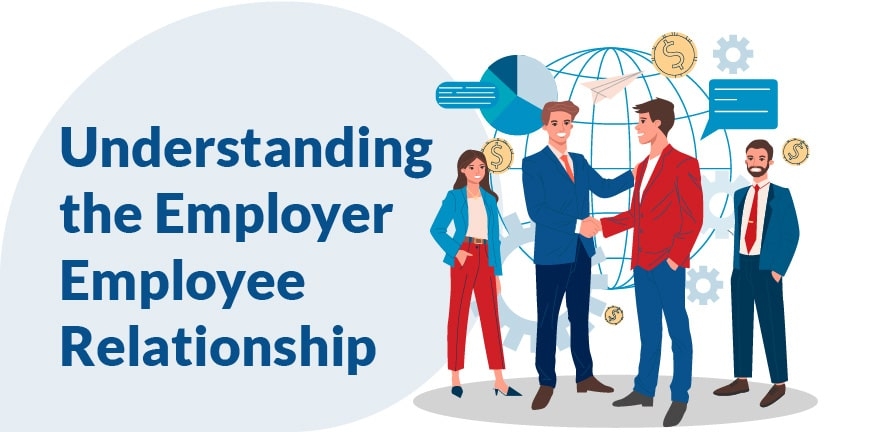
What is Staffing Process? Definition, Types, Stages & Challenges
13/07/2023
What is Contract to Hire? Definition, Process & Benefits
13/07/2023ChatGPT is a hot new job skill for many of us. It’s so ubiquitous today, that trying to introduce people to it might cause them to think you take them to be naïve. In just a couple of months of its release, it crossed 100 million users worldwide, which is the fastest for any application.
It empowers the users by writing emails and blog posts for them, drawing up tables and finding the correlation in data a lot faster than any calculator or even Excel.
ChatGPT even reduces decision fatigue for managers by ruling out some of the decisions they could make to solve a problem, if there is an established basis from a trusted source on the Internet that they may be wrong. Working with ChatGPT therefore is all about prompting it the right way to get an accurate answer.
The Rise of Generative AI
It’s no surprise that ChatGPT is disrupting the job market. Many roles in the future would need a “Knows ChatGPT” or “Is familiar with ChatGPT” tag.
While that is true, ChatGPT is only part of a bunch of AI tools that are taking the world by storm, collectively referred to as Generative AI. Generative AI is called so because of its capability to produce diverse content ranging from text to images to audio or even video.
DeepMind’s Alpha Code can write programming code competitively, Dall-E and Midjourney can create realistic AI images, and so forth. You name a task and almost everything that can be done on a computer can be done by AI. It started with writing and designing but has now moved to programming and predicting outcomes of experiments as well.
Impact of Generative AI on the Job Market
With all these advancements, Generative AI is looking less like the new kid on the block and more like a white-haired scientist, an expert at solving almost any mathematical problem.
So how exactly will Generative AI change the job market? To put things simply, it will substitute humans in a number of day-to-day tasks, even those that require a high level of intelligence or even creativity. Some of the jobs that AI will replace over the next few years are writers, mathematicians and legal secretaries.
It will also impact jobs of clerks, web designers, bookkeepers, proofreaders, accountants and auditors. But let us now look at the positive impact of it, the jobs that it will create in the millions.
Chief AI Officer
64% of all companies who work with AI do not have a Chief AI Officer to manage the strategic aspects of AI in their organization. This responsibility falls on the CTO or the CIO then. It is always better to have a Chief of AI though. Such a position demands strong knowledge of AI and associated infrastructure, intrapreneurial skills, and the ability to attract and retain top talent in AI. Having such a position in leadership will allow companies to leverage AI in their workflows, benefit from any opportunities that it can create and to also understand if AI poses any risks.
Prompt Engineer
Sam Altman, the man who built OpenAI, believes that prompt engineering is a temporary job because of the current limitations of large language models like ChatGPT, which depend greatly on the accuracy of inputs to produce a suitable output.
Prompt engineering relies on the fact that Generative AI can provide widely varying results for similar input, even if they mean the same thing. Prompt engineers give the right prompts to the AI to produce accurate answers and even train others to do so as well.
Prompt engineers may or may not have a programming background but will have a fundamental knowledge of how AI works and will be well-versed in any one language (usually a Master of Arts) and know how to use it effectively to communicate what they want to.
AI Trainer
The main job of an AI trainer is to ensure that the AI responds to user inputs. To achieve this, an AI trainer creates unbiased data sets from raw data and decides on the topics that the AI is free to converse on. Considering the educational background, he must be a Masters in AI and Machine Learning and be well-versed in data analytics too. He must be very proficient in data security and be able to handle issues related to it.
AI Auditor
The AI arms race continues, with almost every company getting into it. Zoho recently announced that it too is planning to come up with its own kind of OpenAI. Though this means that established generative AI such as ChatGPT and Bard will have new competition, this also makes it difficult to monitor the conversations or output of AI for ethical and legal compliance is something that will concern governments over time and which even large institutions and companies would want to comply with.
Data Labeller
A data labeller will label the data so that it can be used for data analysis and to derive valuable insights from it for the AI to use. A data labeller often adds more context to data to make it a more valuable dataset.
The purpose of a data labeller is to empower machine learning through a process of annotating text, audio and video. That sounds like a lot of work, and yes, it is! A data labelling linguist, as it is called, is in high demand and will be in high demand in the future too.
The future of generative AI
According to most sources on the internet, Generative AI has reached a point of inflection and is seeing a period of significant growth in its use and reach. It also transformed from a technology that people lacked faith in, or others saw as very less effective to becoming something of a game-changer in every industry.
The conjecture is that generative AI will continue to grow and become a formidable force and lay the foundations of Industry 5.0 and advanced human-computer interaction.
Others say that beyond a point, the advancements in Generative AI will stop as it happened to search engines decades back. When Google joined online search, it toppled other big players, but advancements in the last few years have been only incremental.
Closing words
Whatever it is that eventually happens to Generative AI, this is a chapter in human history no one will easily forget. Today, AI and robotics have transformed industries like manufacturing, ecommerce, and communications in ways no one could have imagined.
From assisting with the computer-aided design of the engines of electric cars to orchestrating customer journeys that lead to more conversions, the impact of AI pervades everything. AI is a sauropod, a gentle giant dinosaur of the Jurassic Period. It’s huge, few find it terrifying, and so many are bewildered by its strengths.
The future of work and workplaces will never be the same, ever again.
Contact Us For Business Enquiry

Rajkumar Shanmugam
Rajkumar Shanmugam is the Head of HR at ALP Consulting, bringing over 19 years of comprehensive HR leadership experience across India and international markets. His expertise spans talent acquisition, employee relations, performance management, compliance, and HR transformation. Rajkumar has a proven track record of driving people-centric initiatives, enhancing workplace culture, and aligning HR strategy with business goals. With extensive experience in US staffing operations and global mobility, he continues to lead organizational excellence through innovation and employee engagement.




